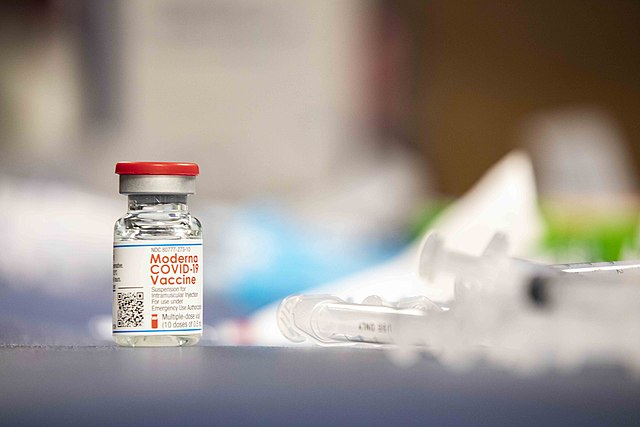The U.S. Department of Health and Human Services granted Pitt and UPMC a $1 million-per-year grant to study long COVID treatments for the next five years.
Nine grants were given out to organizations around the country, and UPMC will use the money to create the Pitt Improving Access to Culturally Relevant Long COVID Care and Treatment Program. Also known as IMPACCT, the program aims to help health care providers learn more about the effects of long COVID.
Robert Otto Valdez, director of the Agency for Healthcare Research and Quality, who administers the grant money, said the grants “have a strong potential to serve as a roadmap for developing care models for primary care and specialty clinics serving populations disproportionately impacted by the effects of long COVID.”
Frank Scurbia, a professor at Pitt’s School of Medicine, said the grant is particularly impactful because it will be “reaching people in areas that have been underserved,” which was a key factor in which organizations received the money.
Alison Morris, one of the principal investigators of IMPACCT, explained that “long COVID is not very well defined,” which adds a level of urgency to the research they are conducting. UPMC’s post-COVID clinic has done research “around clusters of symptoms, like exercise intolerance, cardiopulmonary issues, brain fog and cognitive symptoms.”
According to Tracey Conti, chair of the Department of Family Medicine, IMPACCT will also work closely with Pitt’s Black Equity Coalition to develop its programs and research.
“From a Black Equity Coalition perspective, most of our operations have been around grants,” Conti said. “This is one of the first partnerships with clinical research. Anytime we can take practices and implement them to a broader portion of the population, we’re excited to be a part of that.”


